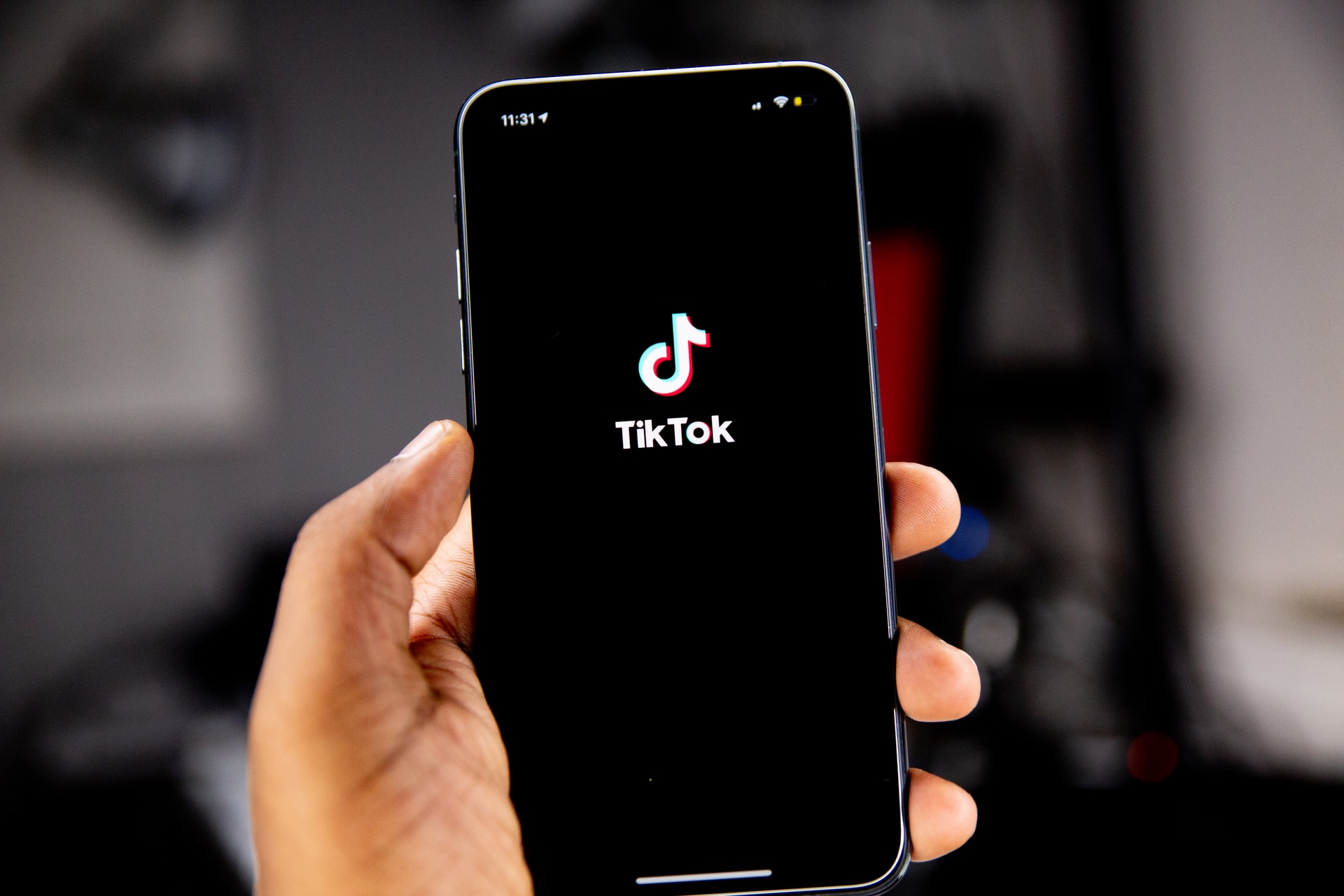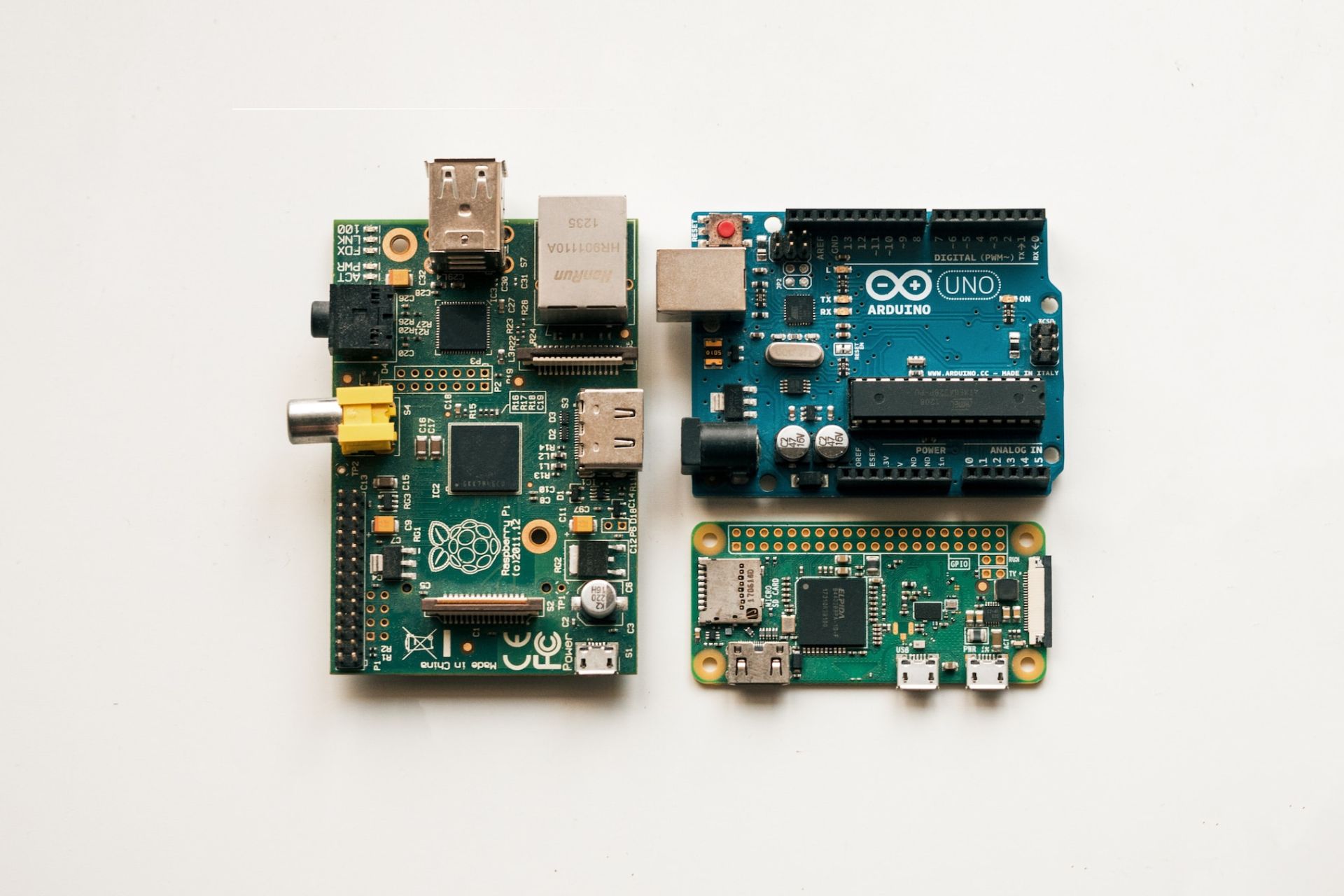
Social Media Data Harvesting: Is It a Genuine Risk?
October 13, 2022 - Emily Newton
Revolutionized is reader-supported. When you buy through links on our site, we may earn an affiliate commission. Learn more here.
Social media platforms help people stay in touch with friends and remain in the know about the news that matters to them. However, these websites have a dark side, too. The people behind them have allegedly engaged in social media data harvesting. Besides the issue of parties collecting users’ data for various reasons, there’s the related issue of not always knowing where it ends up.
A Class-Action Lawsuit Reveals Extensive Tracking By Facebook
Facebook has a questionable record when it comes to social media data harvesting. In the 2010s, British consulting firm Cambridge Analytica collected information from Facebook users without their consent. An associated in-depth investigation revealed the issue affected 87 million people when Facebook breached data protection laws by failing to protect information.
More recently, details associated with a December 2020 antitrust lawsuit and Facebook-owned VPN company Onavo revealed that people at Facebook itself knew Onavo engaged in data mining. More specifically, plaintiffs associated with the case alleged that Facebook “ built the largest real-time surveillance system in existence” by using Onavo’s technology to get user data from third-party apps and cross-reference it with apps Facebook owns.
The documents from the class-action lawsuit allege that the collected information allowed Facebook to see how much time users spent on their apps, plus what users did on other apps, including details about the media sent through them. The details allege that Facebook created a monopoly by engaging in both social media data harvesting and data mining.
Anyone who had a Facebook account from 2007 to the present was potentially eligible to take part in the suit. That timeframe suggests the company’s practices were far from short-lived.
Cybersecurity Firm Warns of Social Media Data Harvesting by TikTok
Facebook is almost certainly not the only company carrying out social media data harvesting. Users in Australia of the Chinese-owned TikTok recently received warnings from cybersecurity researchers there. They believed the Chinese government could harvest a range of personal details. They might extract it from messages people send to friends, parts of the app that include location data and more.
The cybersecurity experts gave their warnings following a report about TikTok’s functionality. One individual who worked on that document said that the TikTok app asks for more user permissions than it needs. Then, if a person doesn’t grant those, the app keeps asking for them. The researchers said that practice was much more aggressive than what competing sites, like Facebook, do.
Moreover, they said the app could run successfully without all the permissions it requested. They concluded the only reason to ask for them all was to take part in social media data harvesting. Many of the report’s unsettling findings related to the Android operating system. The researchers clarified that was because Apple’s iOS operating system systematically limits what information developers can take. They must justify their need for the data before iOS will grant it.
TikTok’s parent company, ByteDance, consistently denies any connection to the Chinese government and says it would not provide user data to the entity. However, government officials apparently have a workaround. People at the company who published this TikTok research said the government could send tracked bots to the app to geolocate data back to China. They were unsure what kind of information got sent. However, they could see TikTok connecting to Chinese servers.
TikTok and YouTube Among the Worst Offenders for Social Media Data Harvesting
Another recent study revealed that YouTube and TikTok track the most personal user data of any other social media platforms. The people involved in that investigation also said there was an important distinction in the practices of the two platforms.
Google-owned YouTube mostly collected people’s data to serve them relevant advertisements. However, in the case of TikTok, it primarily allows third-party trackers to gather the data. After that, it’s not clear what happens to it. That’s partly because third-party trackers can continue monitoring someone even after they leave an app. The researchers also said this third-party tracking occurred even if users did not opt in to it.
People familiar with the matter also point out that the social media data harvesting allegedly done by TikTok is theoretically worse than what other sites do. That’s because its roots are in China, whereas the other social media sites mentioned here have their ownership in the United States. They suggested that Chinese entities might start censoring TikTok users’ content if it does not fit the government’s views.
Social Media Usage Comes With Potential Dangers
Most people grew up hearing their parents tell them never to talk to strangers. However, that’s precisely what many users do on social media. Of course, it’s possible to create real friendships online, but there’s also the possibility that things aren’t what they seem.
Consider the case where a music producer dealt with a hostile takeover of his Instagram account that locked him out of the platform. The perpetrators allegedly created a deep fake video showing the producer urging people to invest in cryptocurrency. There are also Facebook campaigns enticing people with everything from free food to gift cards. However, once individuals give their details, they usually learn they’ve fallen for scams.
Social media can also have negative effects on people’s body image. That typically happens due to the constant comparisons such sites often encourage. On the other hand, it could result in positive effects. That’s most likely to occur if people find communities that help them become more accepting of their bodies.
Researchers have also identified mental health risks when people become overly dependent on social media for emotional fulfillment. They point out that social media can give people unrealistic expectations of how they should look. Users often rely on filters to improve how the images look. Also, outside of body image, people often discuss all the good things about their life on social media while not mentioning the bad.
That phenomenon can mean people have an unnaturally inflated sense of what their life should be. In any case, there are pros and cons that go beyond social media data harvesting.
Social Media Data Harvesting Is a Concern
The examples here show that people should be concerned about what happens to their information on social media. But, users should also weigh the pros and cons and decide what they want to share on the platforms.
Revolutionized is reader-supported. When you buy through links on our site, we may earn an affiliate commission. Learn more here.
Author
Emily Newton
Emily Newton is a technology and industrial journalist and the Editor in Chief of Revolutionized. She manages the sites publishing schedule, SEO optimization and content strategy. Emily enjoys writing and researching articles about how technology is changing every industry. When she isn't working, Emily enjoys playing video games or curling up with a good book.







